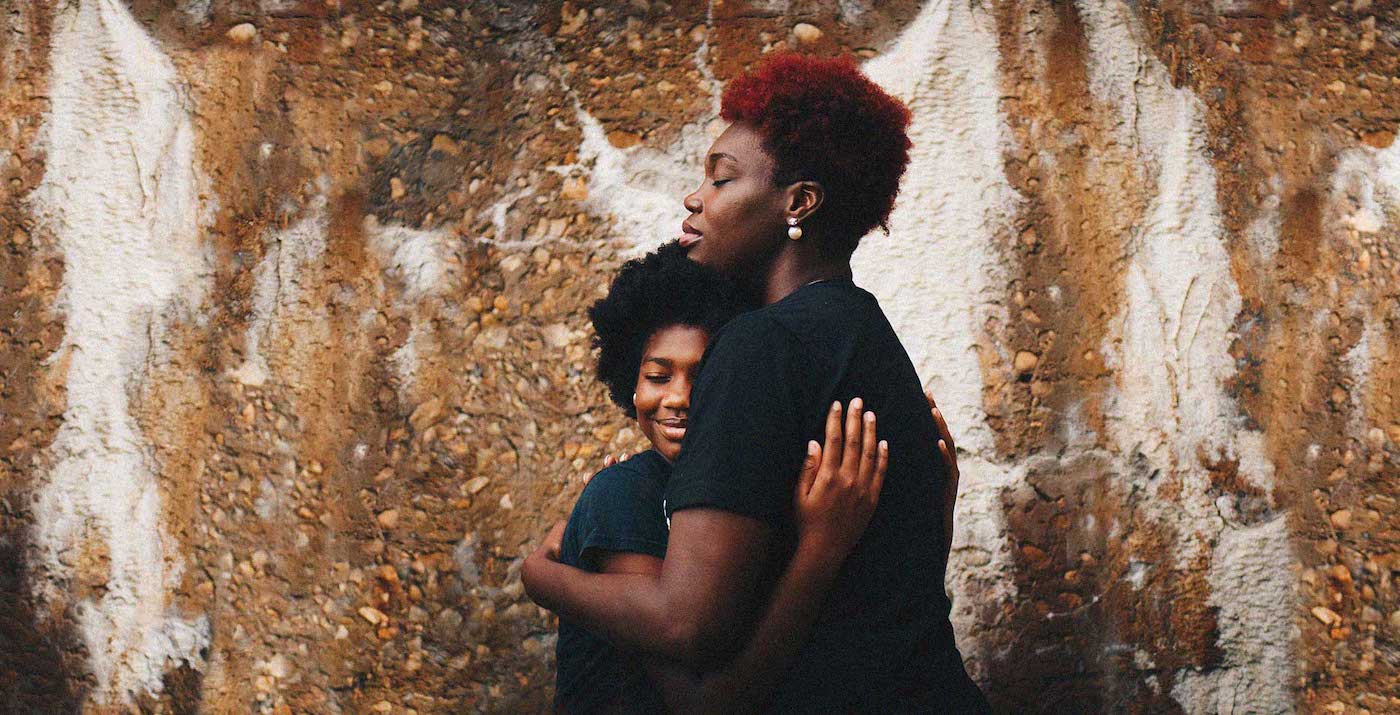YLC Litigation Protects the Rights of Youth to Participate in Juvenile Justice Reform

The participation of directly impacted youth in reform of our punitive and ineffective juvenile justice system is both necessary and transformative. This is a crucial moment for youth participation in local juvenile justice policy decisions as California closes its state youth prisons and transfers responsibility for youth to local counties. In order for counties to implement an approach that promotes positive youth development and reduces reliance on confinement of children, community members, particularly justice-impacted youth and families, must have a meaningful seat at the planning table. Directly impacted youth and families are best positioned to identify what is needed to help young people succeed and move out of the juvenile justice system.
To preserve the rights of directly impacted youth to participate in decision making that impacts their lives, YLC and the leading global law firm, Baker McKenzie, have filed lawsuits to force compliance with state open meeting laws so youth can participate. The latest lawsuit was filed against Sacramento County on behalf of Youth Forward, a Sacramento-based non-profit that works to improve the health, education, and wellbeing of Sacramento’s most vulnerable children and youth. This follows last year’s settlement agreement reached by YLC, Baker McKenzie and the Center for Leadership, Equity, and Research (CLEAR) with Fresno County resolving similar litigation on behalf of CLEAR, a Fresno-based non-profit that supports the participation of community members in local policy. Under the settlement agreement, Fresno County committed to not only follow public meeting laws, but also to take further steps to ensure significant community involvement.
Read more about how current California justice reform is falling short for our most vulnerable youth in this recent Imprint article. Jennifer Rodriguez, Executive Director of YLC is quoted:“This budget proposal incentivizes more facilities, more beds, and requires no accountability,” said Jennifer Rodriguez, executive director of the San Francisco-based nonprofit Youth Law Center. “The intention of the DJJ closure was to provide rehabilitative and restorative justice.” But that, she added, “involves investing in youth, the families that love them, and their communities.” If the state funnels more money into revamped local detention facilities, Rodriguez said, “then we are investing again in ineffective and harmful techniques.”
Youth Law Center
Donate now!http://www.ylc.org
(415) 314-4386
Executive Director: Jennifer Rodriguez
Mission
The Youth Law Center advocates to transform foster care and juvenile justice systems across the nation so every child and youth can thrive.
Begin to Build a Relationship
We know you care about where your money goes and how it is used. Connect with this organization’s leadership in order to begin to build this important relationship. Your email will be sent directly to this organization’s Director of Development and/or Executive Director.
YLC is, quite simply, effective. The team, led by Jennifer Rodriguez, is top notch, bringing together legal expertise, lived experience, a commitment to being youth-centered, and the advocacy chops to effect systemic change. A recent example is the advocacy around out-of-state placements for foster youth. YLC researched 16 facilities housing CA kids and found abuse, neglect, appalling conditions, and rights violations. YLC’s advocacy campaign resulted in the State of CA halting admissions to those facilities and beginning the process to decertify them in favor of family-based placements. Systems change work takes time but is deeply satisfying, and why the Foundation continues to support YLC.
The Youth Law Center is truly a cornerstone organization, successfully building a network of nonprofit and public sector advocates committed to promoting pathways to and through postsecondary education for youth connected to the juvenile justice system. By fostering links between the probation system and California’s higher education institutions, YLC and its policy advocacy strategy have advanced the notion that justice reform must meaningfully include youth. The team at Youth Law Center is a valuable thought partner to Cal Wellness as we consider our investments to help improve the wellbeing of youth who are too often ignored.
Give to Create Opportunity for Justice-Impacted Youth
Donations to the Youth Law Center will directly support its advocacy to transform foster care and juvenile justice systems so that every young person has access to postsecondary education.
“With additional funding, we can expand our advocacy to ensure that more youth become tomorrow’s leaders,” says Jennifer Rodriguez, Youth Law Center’s Executive Director.
To illustrate the important impact of donations:
•A $1,000 gift would allow YLC to invest in the leadership of a justice-impacted youth to work in partnership with advocates on policy reforms.
•$20,000 is enough to fund an entire advocacy leadership academy to give young people the skills they need to change the very systems that so often hurt them.
•With $100,000, YLC could launch a campaign to secure additional state investment in postsecondary education for justice-impacted youth in order to ensure equitable futures for tens of thousands of vulnerable young people.
Key Supporters
Alyssa Martin Anderson
Babak Naficy
Chrystie Chung
Fatima Goss Graves
Heidi Foreman
Honorable Tomar Mason
Howard and Carol Fine
Iris Hu
Joy Singleton
Katee Peek
Matthew and Moon Gemello
Mehrzad Khajenoori
William S. Koski and Sundari Wind
Akonadi Foundation
Andrus Family Fund
Annie E. Casey Foundation
The California Wellness Foundation
May and Stanley Smith Charitable Trust
Tipping Point Community
van Löben Sels/RembeRock Foundation
The Walter S. Johnson Foundation
Zellerbach Family Foundation
